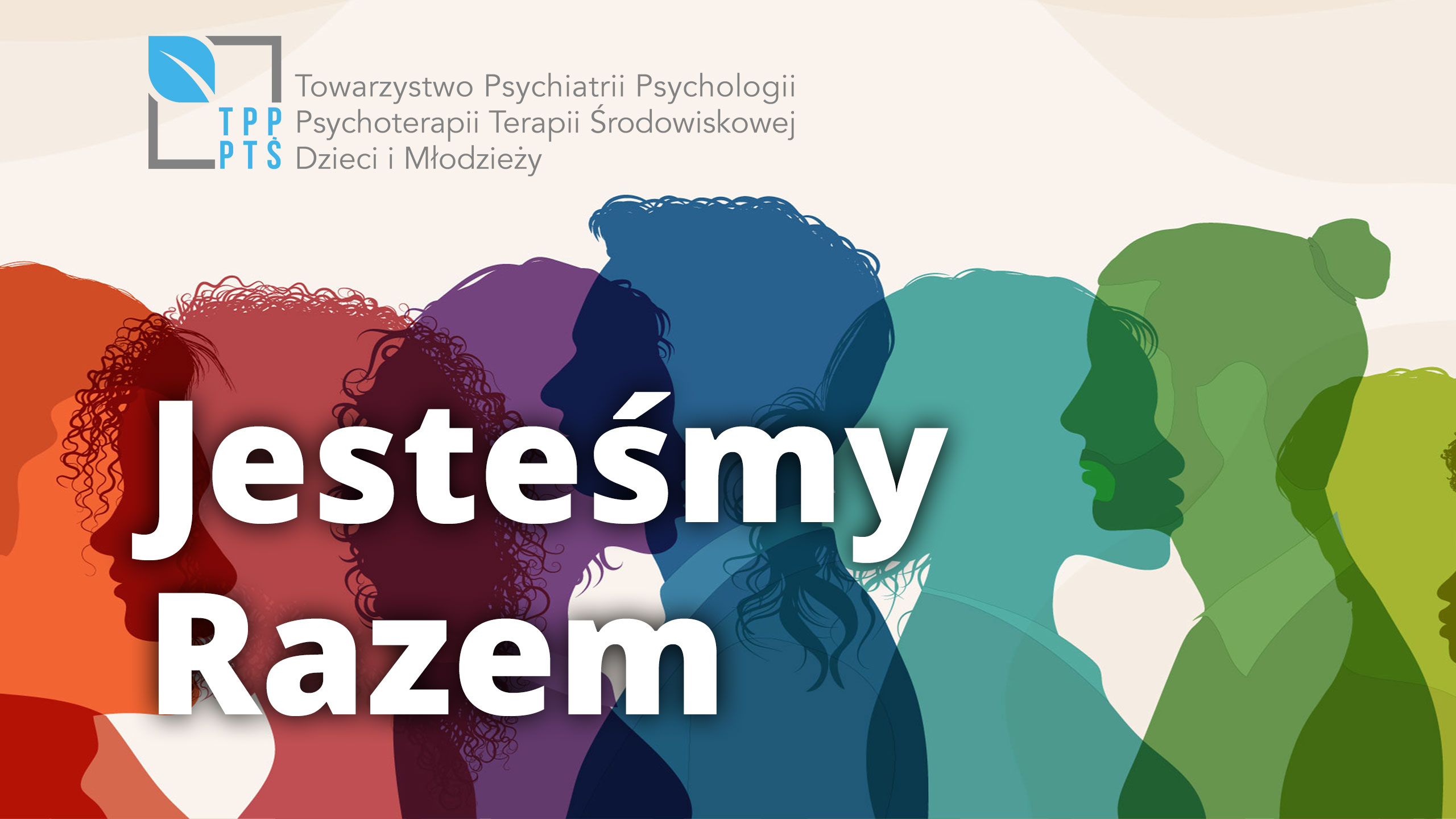Comparative study on clinically latent aggressiveness in outpatients with schizophrenia treated with classical antipsychotics and with risperidone
Konstantinos Tsirigotis1, Wojciech Gruszczyński2
 Affiliacja i adres do korespondencji
Affiliacja i adres do korespondencjiObjective: The use of neuroleptics causes not only regression of psychotic symptoms; neuroleptics affect also the patients’ mental state which is changing not only due to medications effects but also secondarily, as a result of regression of psychotic symptoms. The aim of this study was evaluation of subjectively felt “silent” (clinically latent) hostility and aggressiveness in patients with paranoid schizophrenia treated with typical neuroleptics and risperidone. Material and methods: Sixty patients (30 patients treated with typical neuroleptics and the other 30 – with risperidone) were examined with the Polish version of the following tools: Minnesota Multiphasic Personality Inventory (MMPI), Adjective Check List (ACL) and Stern Activities Index (SAI). Results: The statistical analysis of the obtained resultsObjective: The use of neuroleptics causes not only regression of psychotic symptoms; neuroleptics affect also the patients’ mental state which is changing not only due to medications effects but also secondarily, as a result of regression of psychotic symptoms. The aim of this study was evaluation of subjectively felt “silent” (clinically latent) hostility and aggressiveness in patients with paranoid schizophrenia treated with typical neuroleptics and risperidone. Material and methods: Sixty patients (30 patients treated with typical neuroleptics and the other 30 – with risperidone) were examined with the Polish version of the following tools: Minnesota Multiphasic Personality Inventory (MMPI), Adjective Check List (ACL) and Stern Activities Index (SAI). Results: The statistical analysis of the obtained results




















